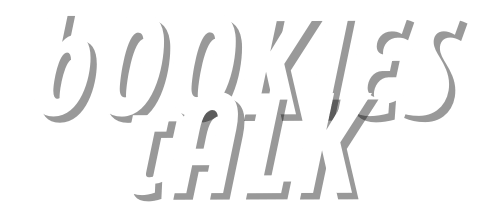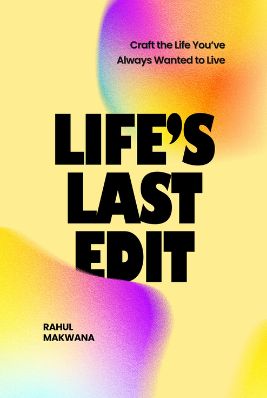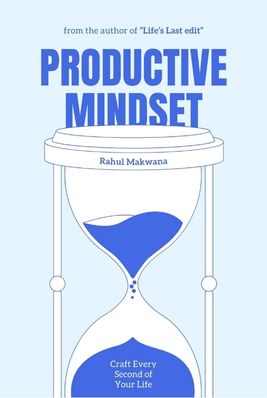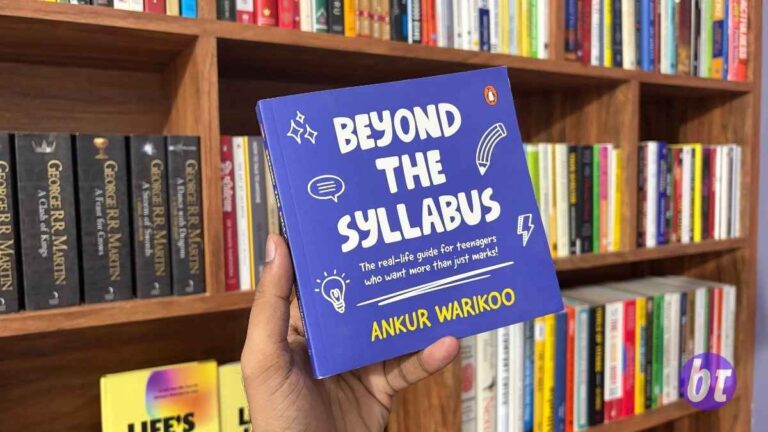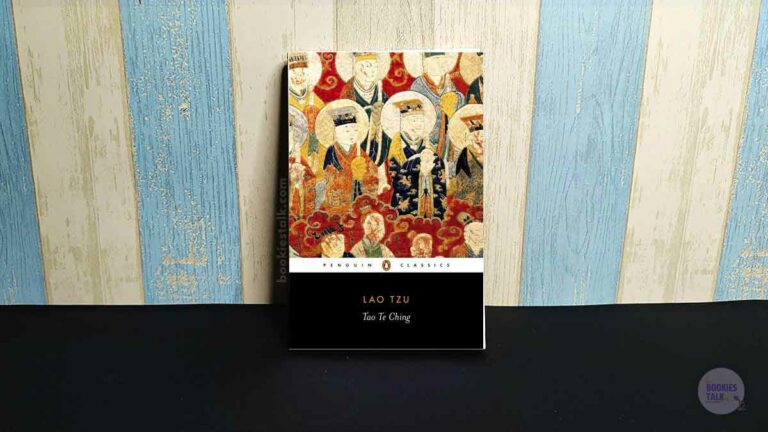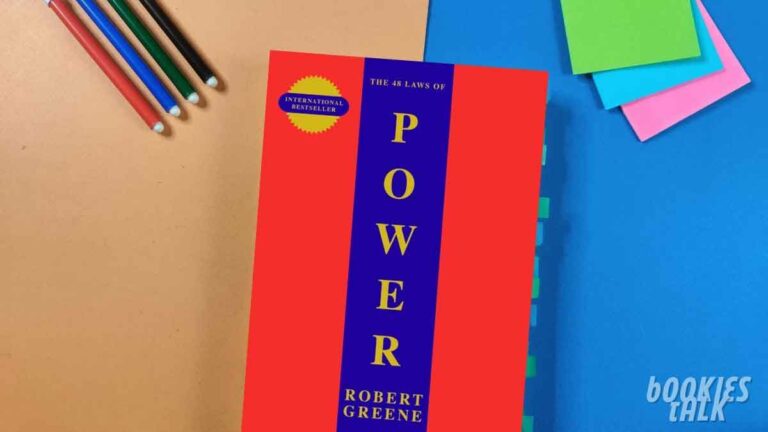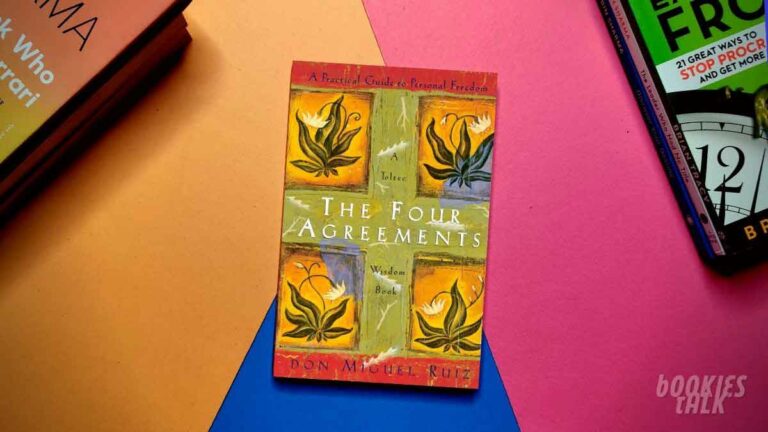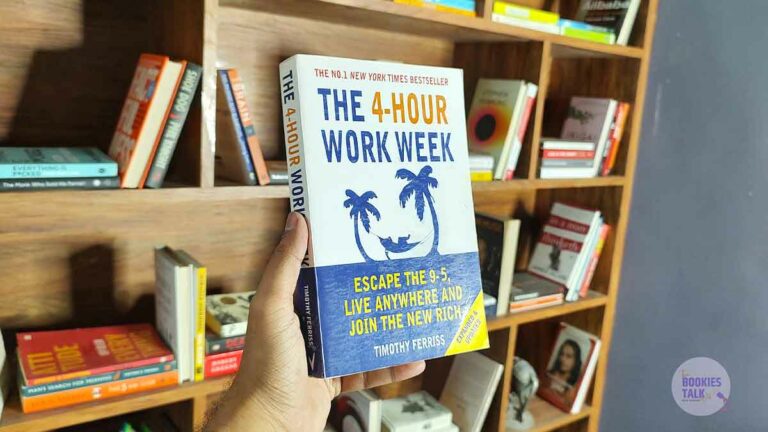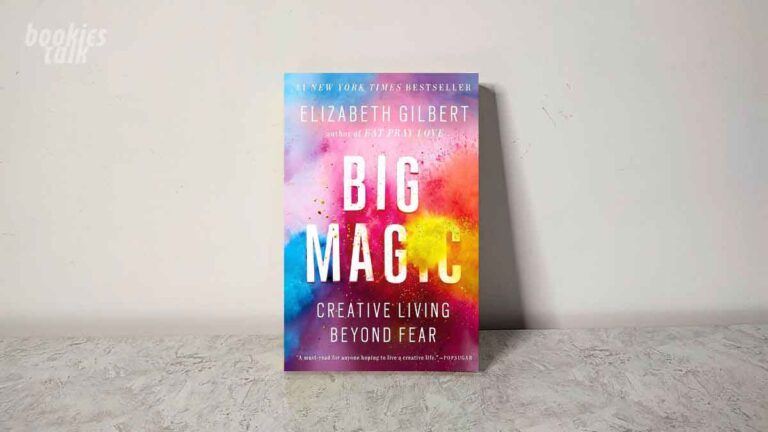Who Will Cry When You Die by Robin Sharma
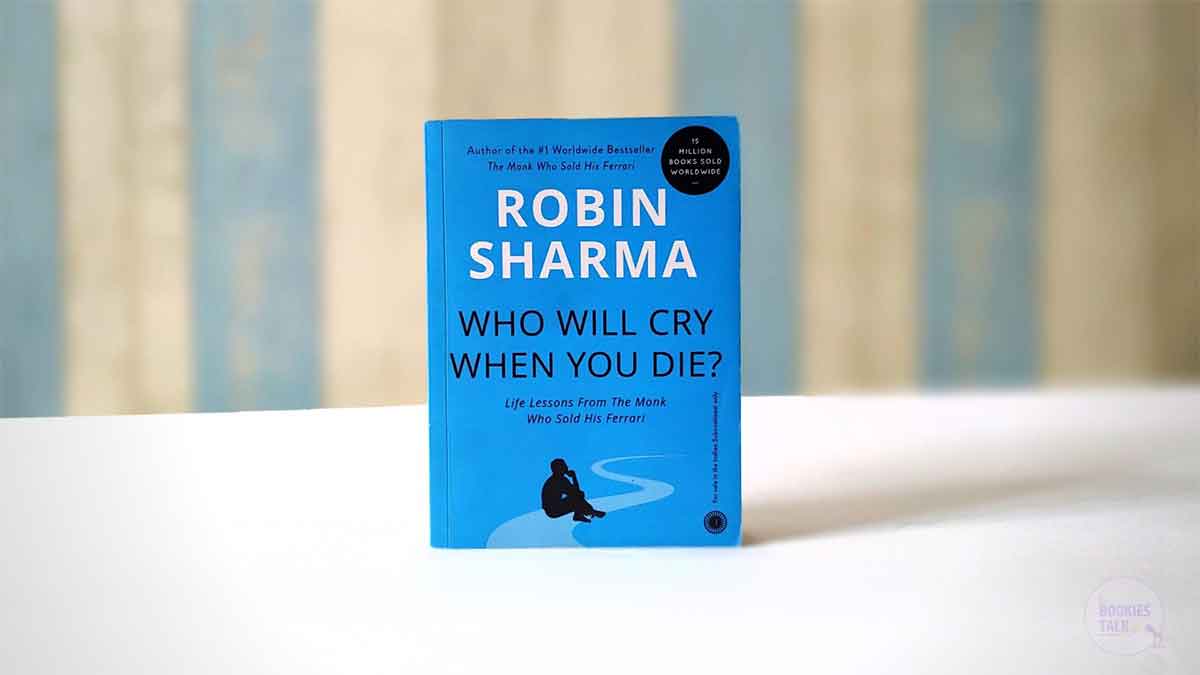
Robin Sharma’s Who Will Cry When You Die is written in a way that you don’t need to read it from start to finish. With 101 short, standalone chapters, you can pick anyone at random and still take something valuable from it.
It’s a simple, short read that teaches the essence of living a meaningful and better life without being too complicated.
Yes, the book has life lessons, don’t focus too much on the book title.
Enter your email address To join the newsletter. I will be with you every Sunday at 9:00 AM (IST). See you on Sundays.
Who Will Cry When You Die Notes
- Embrace the power of silence.
- Keep a journal to reflect on your thoughts and experiences.
- Be kind to a stranger every day—it costs nothing but means so much.
- Let go of fear about the future; focus on what you can control today.
- Write down your problems and identify what you can solve.
- Prioritize your health—it’s the foundation of everything else.
- Take charge of your life as if you’re the CEO of it.
- Don’t feel obligated to finish every book you start; your time is valuable.
- Be mindful of what you consume, whether it’s media, food, or information.
- Appreciate what you have instead of longing for what you don’t.
- Spend quality time with your family—they’re your anchor.
- Learn the art of forgiveness; it’s a gift you give yourself.
Who Will Cry When You Die Summary
Who Will Cry When You Die reminds us that life is moving faster than we think. We often tell ourselves, “I’ll do it tomorrow,” but sometimes tomorrow doesn’t come. So, if there’s something you want to achieve, start now—don’t wait for later.
The book has 101 chapters, each just 2-3 pages long, making it perfect for anyone new to reading. Its short, simple chapters make it easy to follow and impactful without overwhelming you.
I read this book at the start of 2021, and it taught me valuable lessons like keeping a journal, managing my time, and spending more time with myself.
Now, let me share some of the key lessons from the book.
Don’t Finish Every Book You Start
When I first started reading books, I used to finish every single one—no matter what. That was my mindset, right until I came across Who Will Cry When You Die.
Some of you might think, “I spent $10 on this book, so I have to finish it, no matter what.” I used to think the same way, but not anymore.
Here’s the thing: if a book doesn’t grab your attention or provide value within the first three chapters, do yourself a favor—set it aside and move on to something better. As someone said “Life’s too short to read books that don’t add value. Focus on the ones that matter.“
It’s easy to feel guilty about not finishing a book. But as Francis Bacon wisely said:
“Some books are to be tasted, others to be swallowed, and some few to be chewed and digested.” In other words, not every book needs to be read cover to cover. Some are worth skimming, others deserve your full attention, and a few may only need to be read in parts.
I used to feel the same guilt about leaving books unfinished. But once I decided to be more selective about which books I’d read fully, I noticed two things: I got through more books, and I learned more from the ones I truly enjoyed or found valuable.
So, here’s my advice: don’t force yourself to finish every book. Choose what resonates with you, take what you need, and move on.
Keep a Journal
If you want to improve yourself, start by monitoring your actions every day. Don’t worry; you don’t have to write down every single thought that crosses your mind. Instead, focus on what you do and why you do it.
For example, let’s say you planned to exercise today but ended up skipping it. Write down the reason why you skipped it. Was it because you were tired? Lazy? Busy? Understanding the why is the first step toward making real change.
Maintaining a daily journal is one of the best personal growth habits you can develop. When you write about your daily experiences and the lessons you draw from them, you gain clarity and self-awareness. Over time, you’ll become wiser, make fewer mistakes, and stay focused on what truly matters.
A journal isn’t the same as a diary. A diary is where you record events, but a journal is where you analyze and reflect on them. It’s a private space to ask yourself questions, flex your imagination, and define your dreams.
Journaling encourages you to think deeply about what you do, why you do it, and what you learn from your experiences. It’s a tool for self-reflection that can guide you toward personal growth and greater success.
Even science backs this up! Medical researchers have found that spending just 15 minutes a day writing in a private journal can boost your immune system, improve your mood, and enhance your overall health.
So, remember this: if your life is worth thinking about, it’s worth writing about. Start today. You’ll thank yourself later.
Stop Complaining and Start Living
Stop complaining about not having enough time for yourself. If you truly want it, wake up an hour earlier. You have the choice.
If you sleep seven hours and work eight hours a day, that still leaves you with 63 hours of free time every week. That’s 252 hours a month and over 3,000 hours a year. Plenty of time to do the things that matter—if you choose wisely.
Yes, 8 hours of work is too much. Take it as an example.
As George Bernard Shaw says “The people who get on in this world are the people who get up and look for the circumstances they want, and if they can’t find them, make them.”
Start by making wiser choices—choose what thoughts you allow in your mind, what attitude you carry, and how you spend your time. The power to change is in your hands.
So stop complaining. Start living. Make the most of every moment.
Who Will Cry When You Die Review
Who Will Cry When You Die is one of those books that simplifies life lessons and gives you clarity about how you’re living.
Now, if you’ve already read books like Atomic Habits, ReWork, The Courage to Be Disliked, or The Almanack of Naval Ravikant, you might find this one a bit repetitive.
But if you’re just starting your reading journey or want to build a reading habit, this book is perfect for you. The chapters are short, the language is straightforward, and there’s no use of complicated words—making it an easy yet impactful read.
Buy Who Will Cry When You Die:
Who Will Cry When You Die Quotes
“I wept because I had no shoes until I saw a man who had no feet.”
“How high you will rise in your life will be determined not by how hard you work but by how well you think.”
“Children come to us more highly evolved than adults to teach us the lessons we need to learn.”
“There is in the worst of fortune the best chances for a happy change.”
“I promise you that if you spend your life focusing on only the worthiest pursuits, it is certain to end in complete joy.”
“Anyone can become angry — that’s easy. But to be angry with the right person, to the right degree, at the right time, for the right purpose, and in the right way — that is not easy,” taught Aristotle.”
“I teach in my life-coaching programs when you bear a grudge against someone, it is almost as if you carry that person around on your back with you. He drains you of your energy, enthusiasm, and peace of mind. But the moment you forgive him, you get him off your back and you can move on with the rest of your life.”
“If you have not read today, you have not really lived today. And knowing how to read but failing to do so puts you in exactly the same position as the person who cannot read but wants to.”
“happy people have often experienced as much adversity as those who are unhappy. What sets them apart is that they have the good sense to manage their memories in a way that enriches their lives.”
Love What You Read, You Might Like These too…
By the way, we also have a WhatsApp Channel! If you love reading, this is the perfect place for you to join—and the best part? It’s completely FREE!
